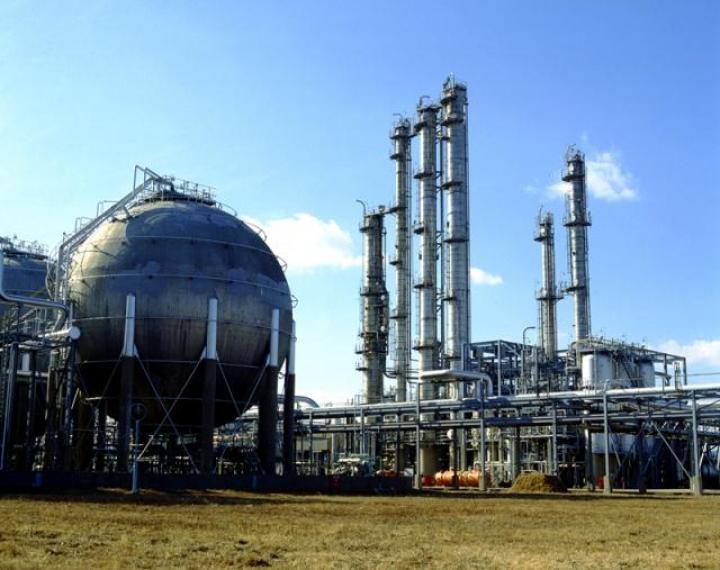


ArmInfo. The ex-director of the Nairit Plant, Karen Israelyan, has told ArmInfo that there are serious investors willing to invest in reactivation of the plant. Israelyan abstains from naming the Russian and Slovak investors, but he says that they have expressed a desire to invest in reactivation of the plant. "Two Russian companies and a Slovak financial group have contacted me and said that they seek to invest $60 million in a project on re-launch of the plant," says Israelyan.
The ex-director stresses that the potential investors have laid down the following preconditions before the Armenian Government: the Government must refuse the financial conclusion of the World Bank, get rid of the plant's debts, and provide certain tax preferences. Israelyan says that the $60 mln project elaborated and approved by the plant's specialists envisages manufacturing butadiene-based rubber.
Earlier in October, Hrach Tadevosyan, the chairman of the trade union of Nairit Plant, said that the specialists of the enterprise have presented three programs for the plant operation with different capacities. "The most expensive program implies investments worth $97 mln instead of $350-400 million specified in the audits of the World Bank," said Tadevosyan. "Donor countries such as the United States, Germany, France and Japan have rubber manufacturers and it is not beneficial for them to have such a competitor as Nairit Plant," the employees said. Former spokesperson of the Plant Anush Haroutiunyan told ArmInfo that it is for the Government to take the next step, which depends on whether the government wants to reactivate the plant or not.
To recall, on October 28, Yervand Zakharyan, Armenian Minister of Energy and Natural Resources, announced at the National Assembly that Armenian Government has no reasons to doubt the results of the audit conducted in Nairit Plant by the World Bank. Currently the Nairit Plant is idle and the Armenian Government is interested in reactivation of Plant if a potential investor is found, he said.
In late December 2013, Rosneft, Pirelli Tyre Armenia and Rosneft-Armenia signed a memorandum on creation of a joint venture to manufacture styrene-butadiene rubber. In February 2014, ex-prime minister of Armenia Tigran Sargsyan announced Rosneft's plans to invest $400 million in the new plant and Russia's Ambassador to Armenia Ivan Volynkin expressed hope that the specialists of Nairit Plant will be in demand at the new plant. Though the program failed to be launched, Rosneft has not yet announced a decision to quit the investment program.
At the moment the debts of Nairit Plant amount to 50 billion AMD (about 130 million USD). To note, Nairit Plant has been idle since April 2010. The Plant's shares were given as security against the CIS InterStateBank's 70 mln USD loan provided in 2006 for 5 years - till late Dec 2011 - at 12.5% p.a. In 2006, 90% of Nairit Plant's shares were sold to Rhinoville Property Limited (UK). The latter owns an 89,999% stake in the plant, Armenian Ministry of Energy and Natural Resources - 4,496%, Gazprom Armenia CJSC (previously ArmRusgasprom) - 3,596%, and Yerevan Thermal Power Plant - 1,907%.
In 2015 the World Bank conducted a financial and technical audit at Nairit Plant at the request of the Armenian Government. The WB considers the re-launch of the plant to be inexpedient because it will need at least $250 mln. But even if investors are found, the WB experts do not think the product will be competitive, because it will have a high prime cost. Most experts say that the results of the WB audit can be considered as recommendations to the Plant's bankruptcy process.